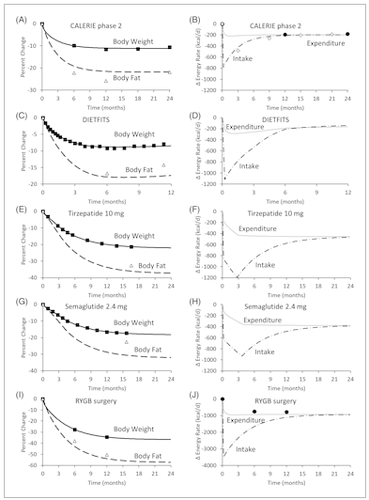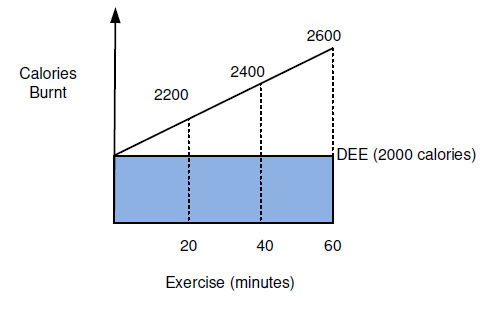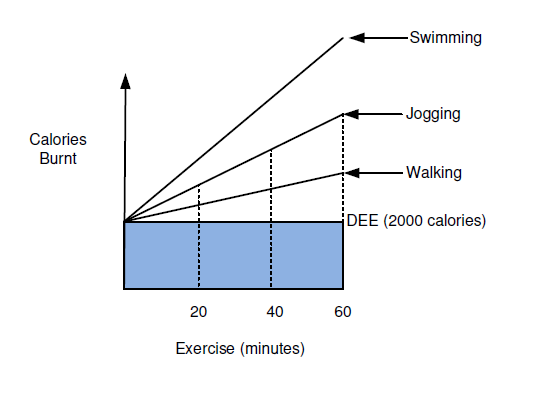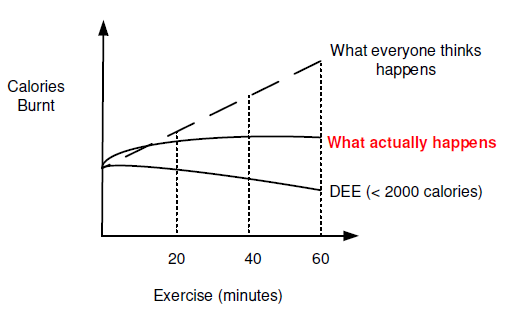We frequently have discussions on the forum about calories-in versus calories-out. While I understand that weight loss is not just as simple as that, I believe calories still matter. I have found that with myself.
This news story on CNN discusses a study done by Kevin Hall. According to his study, the reason we plateau is because the longer we keep our calories low, the more our hunger starts to compensate over time and we find it difficult to maintain the calorie deficit.
The reason the new weight-loss drugs such as Ozempic and Wegovy and bariatric surgery have greater success is because they lengthen the time for the hunger signals to kick in and therefore increase the amount of time before a plateau occurs.
This got me thinking about keto. Many, but not all, have great weight loss at the start of the diet, but stop losing weight after a while. Could this be for a similar reason as mentioned in the study? Once our bodies get fat adapted we are not naturally cutting calories as much as when we first started following this WOE. We are not only better at processing the new energy source, fat, but actually eating more. Then we end up maintaining at the plateau. Kind of in a natural equilibrium at that point.
Again, I understand that keto is not just for weight loss but for healing. It seems though that once the healing occurs and blood sugar is stabilized, continued weight loss will still required calorie cutting or at least maintaining food intake levels similar to when first beginning this WOE.
Looking forward to hearing other’s thoughts for debate.
P.S. I tried to find the paper to link but ran out of time.


 Hunger is the only thing I can’t abide. And like you I don’t often get hungry on the regular Keto diet at all. The protein and fat satiates me. That’s why I love it. But I hit a plateau that lasted a year and I just started to lose again without changing anything up. It just kicked in again. Since I only have 20lbs to go, I bet it will take 2-3x as long as it took me to lose my first 45lbs.
Hunger is the only thing I can’t abide. And like you I don’t often get hungry on the regular Keto diet at all. The protein and fat satiates me. That’s why I love it. But I hit a plateau that lasted a year and I just started to lose again without changing anything up. It just kicked in again. Since I only have 20lbs to go, I bet it will take 2-3x as long as it took me to lose my first 45lbs.
 (Of course, much exercise still raises their CO but with the same activity and body, they have a small range for maintenance.) I had this though, probably still have unless I go really too far. Higher CI simply raises my CO accordingly until then. It has its pros and cons.
(Of course, much exercise still raises their CO but with the same activity and body, they have a small range for maintenance.) I had this though, probably still have unless I go really too far. Higher CI simply raises my CO accordingly until then. It has its pros and cons.

